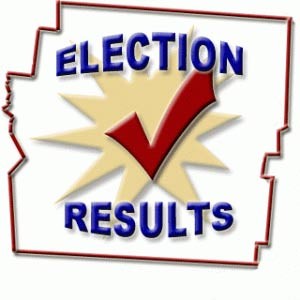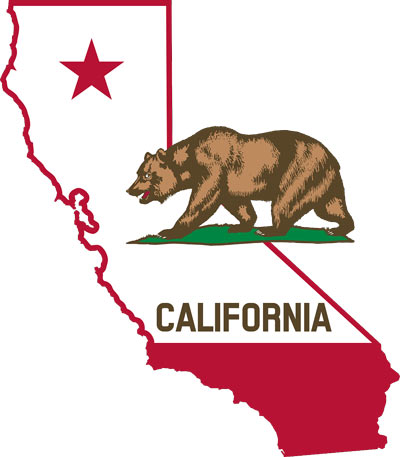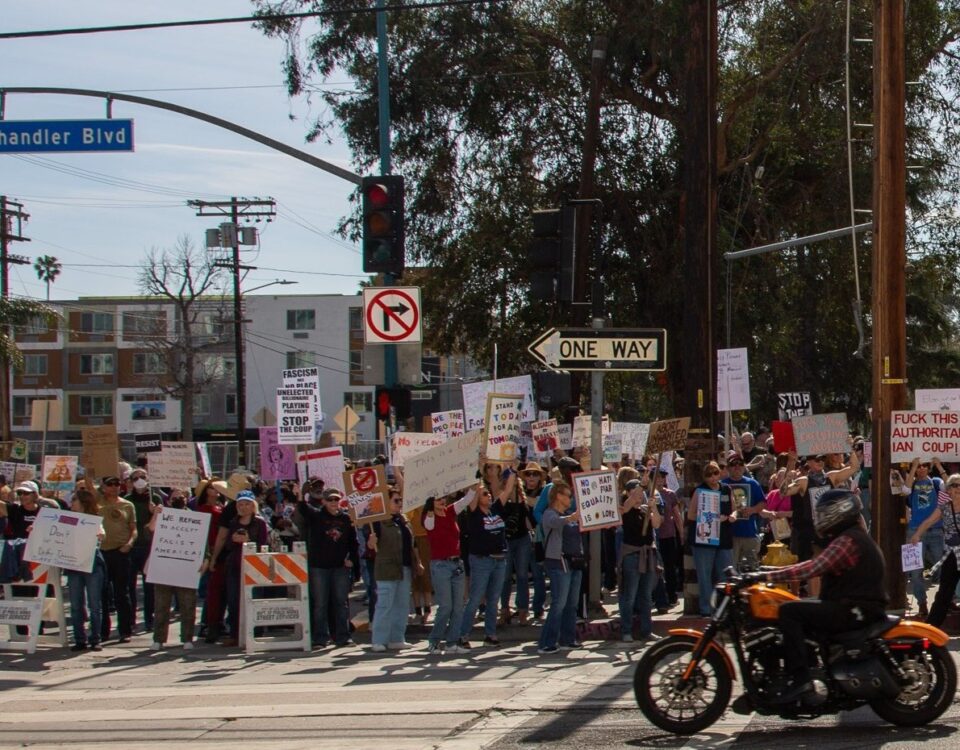 .
.
Eric Tegethoff, producer/reporter, Northern Rockies News Service, a bureau of Public News Service.
Voters across the country approved a majority of measures in November to affirm abortion rights. Therefore, supporters of an initiative to legalize abortion in Idaho say they are feeling momentum.
Voters approved seven of 10 state abortion-rights measures, including in Montana. A Florida measure received a majority of votes but did not reach the state’s 60% threshold for passage.
In Idaho, pro-choice advocates are waiting for approval to collect signatures on a 2026 measure that would allow access to abortion until the viability of the fetus.
Pro-choice advocates seek approval from voters
Melanie Folwell, executive director of Idahoans United for Women and Families, is leading the effort.
“If there’s anything that was very clear in November’s election, it’s that abortion amendments and abortion laws — laws that expand access to reproductive options — do well at the ballot, even in very ‘red’ states,” Folwell asserted.
Idaho is one of six states with a near-total abortion ban. Folwell noted her organization is awaiting approval from the attorney general’s office and could start collecting signatures by the end of January.
However, unlike many other states allowing voter initiatives to amend the state constitution, Idaho does not. If approved for the ballot, the abortion access measure would mean passing legislation, which in turn means legislators could repeal it. Folwell argued it is unfortunate, when people have been telling lawmakers since Roe v. Wade was overturned about the negative effects of banning abortion.
“They’ve heard from doctors, they’ve heard from health care systems, they’ve heard from patients themselves — from women who have suffered needlessly as a result of these laws — and they’ve done nothing,” Folwell observed. “They’ve had two legislative sessions to do something. They’ve done nothing. And we think there’s an imperative to just take this question to the people.”
If the measure is approved to collect signatures, it would need 6% of signatures from registered voters from at least 18 of the state’s 35 legislative districts, a total of about 70,000 signatures before April 30, 2026.


